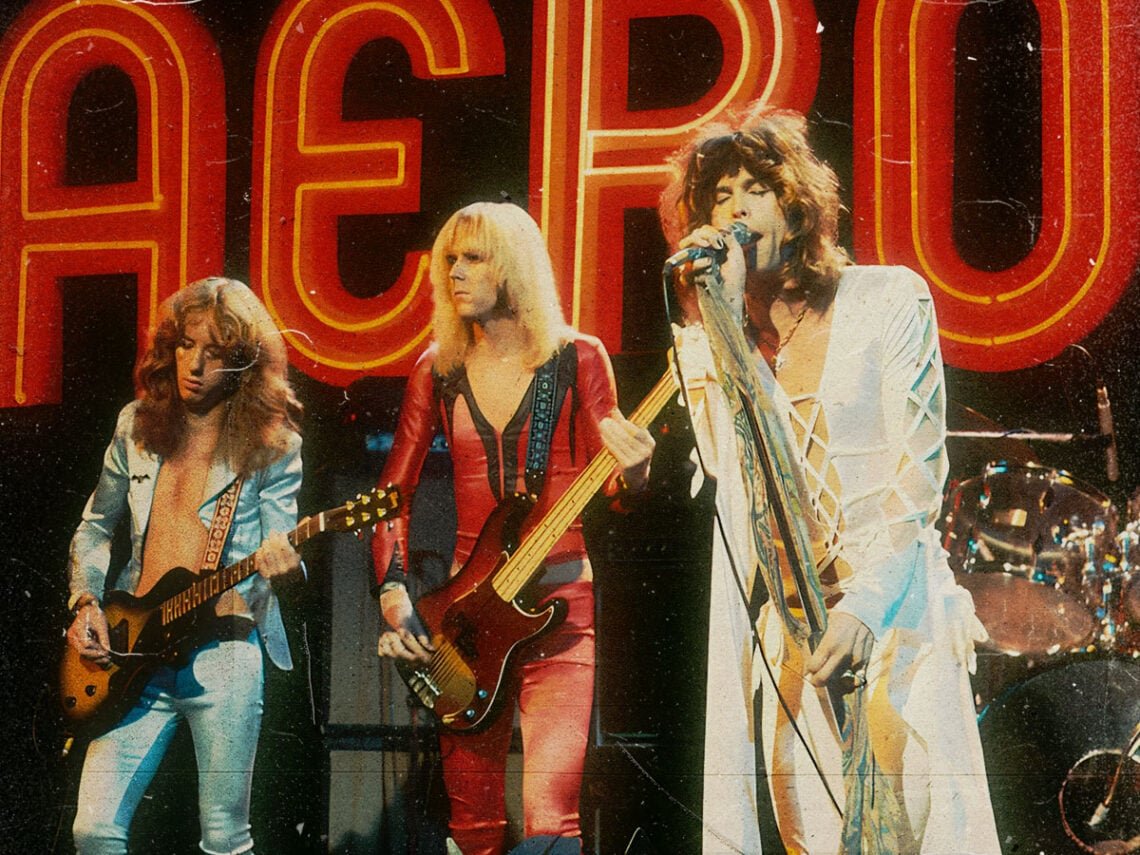The Inside Story of Rock Royalty: How Aerosmith and Bruce Springsteen Made History in the Studio

Let’s dive into a rock ‘n’ roll fairy tale that unfolded in the heart of Manhattan, where two legendary acts—Aerosmith and Bruce Springsteen—were busy crafting masterpieces that would echo through the halls of music history. Picture this: It’s 1975, and at the Record Plant, the air is thick with anticipation and the scent of creativity. In one studio, Steven Tyler’s Aerosmith is putting the finishing touches on their iconic “Toys in the Attic,” while next door, Bruce Springsteen is on the verge of releasing “Born to Run,” an album that would forever alter his destiny and elevate him to the status of The Boss.
Producer Jack Douglas, who was orchestrating the magic for Aerosmith, reminisces about the camaraderie and competitive spirit that brewed between the two studios. Thanks to the brilliance of engineer Jimmy Iovine, who was navigating his own star-making journey with Springsteen, the two bands frequently exchanged visits. “Come on over and listen to what we’re doing over here,” was the call that led to creative cross-pollination. It’s like a musical game of tag, where inspiration flowed freely, and both parties were not shy to uplift each other’s artistry.
This mutual admiration wasn’t just a feel-good moment; it was a catalyst that drove both Aerosmith and Springsteen to new heights. Tyler and Springsteen would poke their heads into each other’s sessions, sharing ideas and riffs, resulting in what Douglas described as a beautiful symbiosis. Columbia Records’ exec Bruce Lundvall, witnessing the synergy, knew he was in the presence of greatness. “I think it’s gonna be a very good year for Columbia Records,” he mused, and lo and behold, he was spot on.
Fast forward to today, and “Toys in the Attic” stands as Aerosmith’s best-seller, touting classics like “Walk This Way” and “Sweet Emotion” while achieving nine-times platinum status. Meanwhile, Springsteen’s “Born to Run” is hailed as a quintessential rock album, solidifying his place in the pantheon of music icons. Douglas, reflecting on the experience, dubbed it a historic moment in music—a time when two rock titans shared not just a studio but a vision that would resonate through the ages.
So, the next time you blast those anthems from the ‘70s, remember: they weren’t just making albums; they were crafting legacies. If only all of us could be so lucky to create history while wearing leather jackets and belting out tunes. Class dismissed. Don’t forget to rock on, my friends.
Sources: Celebrity Storm and New York Post
Attribution: Creative Commons Licensed




